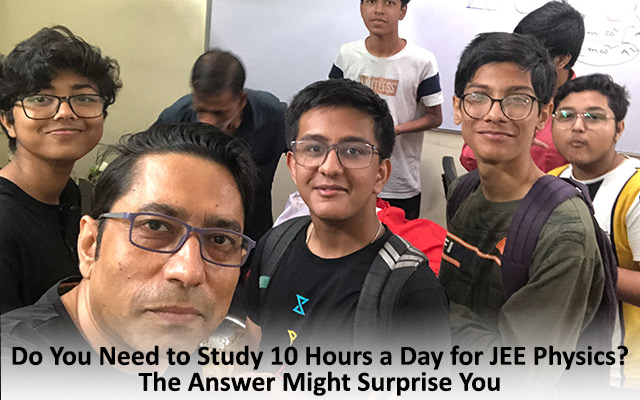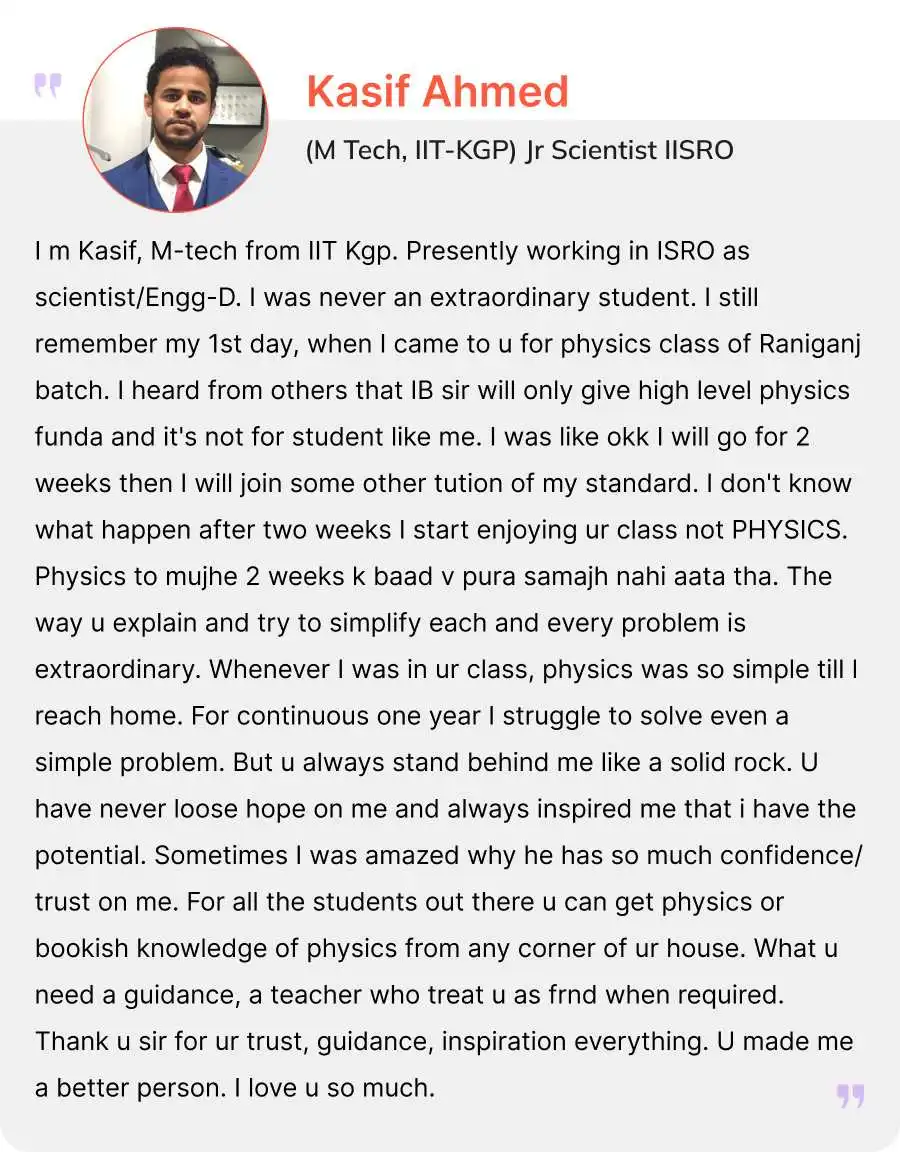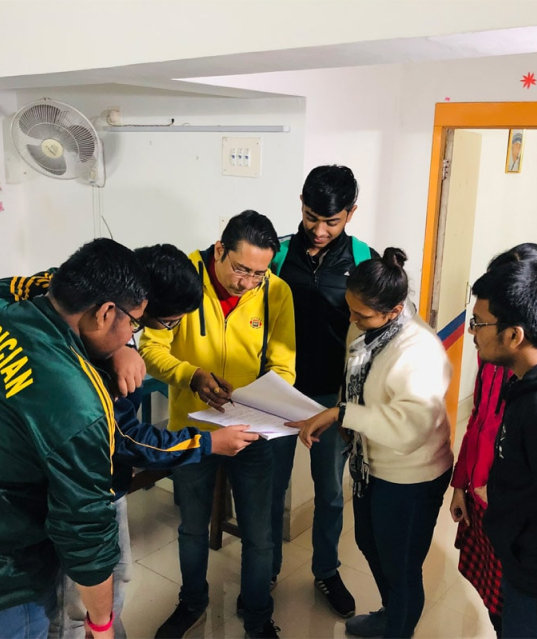If you’re preparing for JEE Physics, you have probably heard this countless times: “You need to study at least 10 hours a day to crack it.” But is that really true? Is there a magical number of hours you must put in every single day to succeed? Let’s dive deeper into this question because the answer might surprise you.
Does Studying 10 Hours a Day Guarantee Success in JEE Physics?
Many students feel overwhelmed by the idea of studying 10 or more hours daily. The pressure to match this ‘standard’ often leads to burnout, frustration and even loss of motivation. But the reality is, simply studying long hours does not automatically translate into better marks.
The key lies in how you study, not just how long. If you spend hours without proper focus or strategy, your learning efficiency drops significantly.
Quality study sessions are where you actively engage with concepts and practice regularly. It should be far more effective than passive reading or solving problems mechanically for long hours.
What’s the Right Approach to Studying Physics for JEE?
Instead of aiming for a fixed number of hours, it’s important to develop a study plan that suits your individual pace and learning style. Here are some important points to consider:
- Conceptual Clarity: Understanding the core principles behind physics problems is essential. Without strong basics, problem-solving becomes guesswork.
- Practice & Revision: Regular practice of problems, especially previous year questions and mock tests, helps reinforce concepts.
- Breaks & Rest: Short, focused study sessions with breaks improve retention and reduce fatigue.
- Active Learning: Engage in discussions, group studies or teach others to make your own concept clear.
How Can the Right Tutor Make a Difference?
This is where guidance plays a crucial role. Having a mentor who understands JEE’s tricky physics syllabus and exam pattern can save you months of wasted effort.
IB Sir, a JEE physics tutor in Kolkata with over 22 years of experience, follows a hybrid teaching model combining online and offline sessions. His method focuses on activity-based learning, which keeps students engaged and helps simplify complex topics.
Many students preparing for JEE and NEET benefit from his structured classes, which focus on building a strong foundation rather than just rote memorisation. This approach often reduces the need to spend endless hours studying because the sessions are efficient and tailored to students’ needs.
Balancing Time and Strategy for Maximum Results
Instead of stressing over a fixed number like 10 hours, focus on planning your study time effectively. Set realistic daily goals based on your strengths and weaknesses. Sometimes, a well-planned 4 to 6 hours of focused study can outperform a distracted 10-hour session.
Conclusion
Success in JEE Physics is less about marathon study sessions and more about smart strategies, consistent practice and quality guidance. When you combine the right mindset with the right support, physics becomes an interesting subject. If you want to experience this difference, consider studying from a teacher like IB Sir, the best JEE physics tutor in Kolkata, who values understanding over memorisation.





